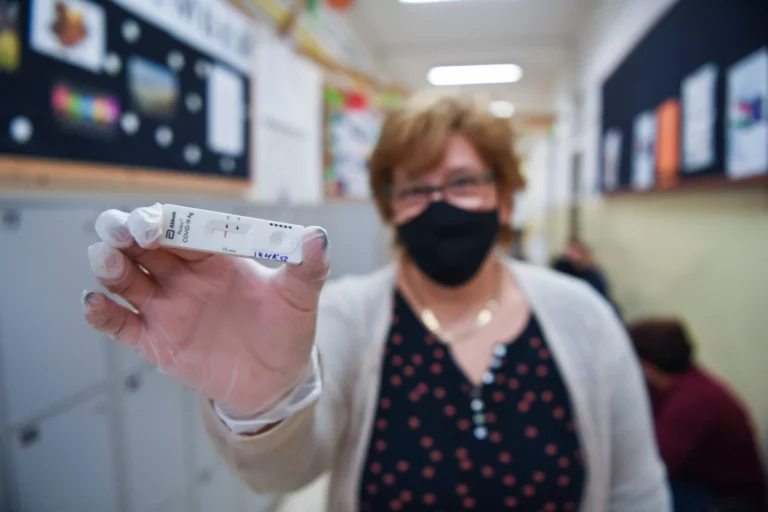Asia
Hungary is home to almost 35,600 international students

Police arrested nine groups of African, Asian illegal migrants!

Hungary sending 400,000 antigen test kits to these countries

Hungary attends World Forestry Congress in Seoul

Hungary and Uzbekistan launch cooperation programmes in nuclear energy, water management, agriculture

Foreign minister Szijjártó: Hungary, Kyrgyzstan ready to advance cooperation
Hungary and Kyrgyzstan have recently lifted their cooperation to a strategic partnership and have taken the decisions needed to further...
Yemeni national jailed for sexual assault in Budapest

Hungary sending 156,000 vaccines to Vietnam

Tax deductions for online business

Hungary bans travels to Ukraine, helps foreigners get out

Asian guest workers are flocking to Hungary

Hungarians to build solar energy park in this Gulf country

Differences and similarities between Azerbaijan and Hungary – PHOTO GALLERY

Hungary condemns Houthi missile attack on United Arab Emirates
Hungarian tourists were forced to quarantine in Thailand

Minister: largest Hungarian road construction project starts in Asia

Orbán cabinet supports Kazakh president who gives shoot-to-kill orders to quell protests

Orbán cabinet: Attempt was made to topple the constitutional order in Kazakhstan





 ZH
ZH IT
IT DE
DE HR
HR NL
NL FR
FR JA
JA RO
RO RU
RU ES
ES TR
TR
